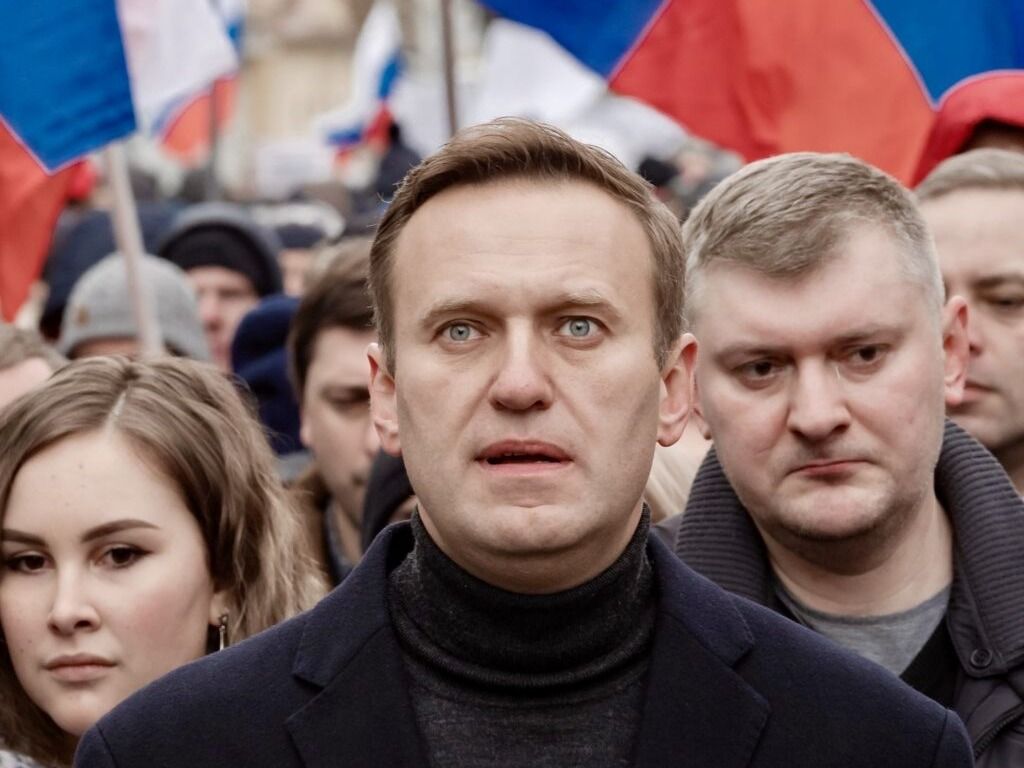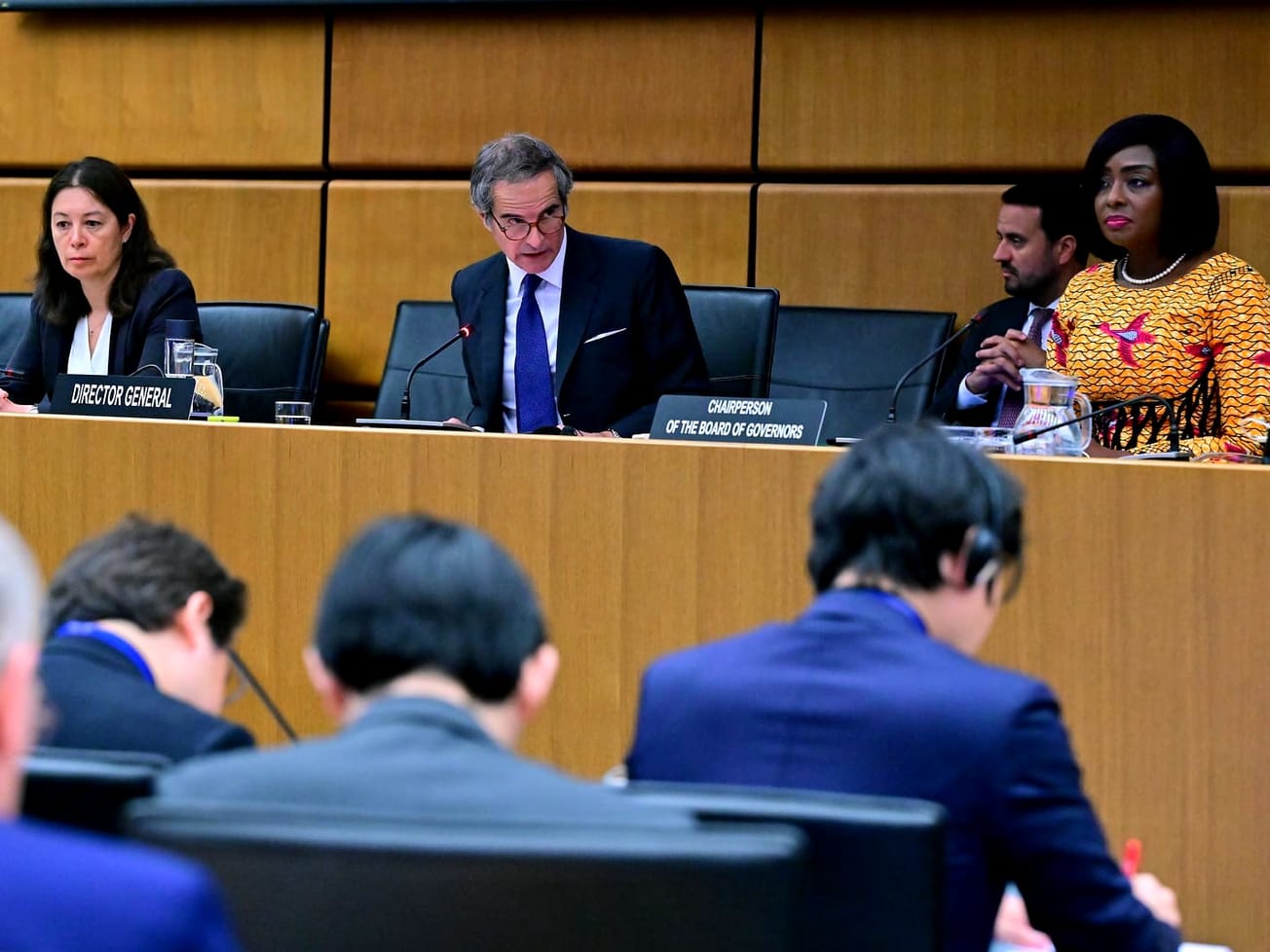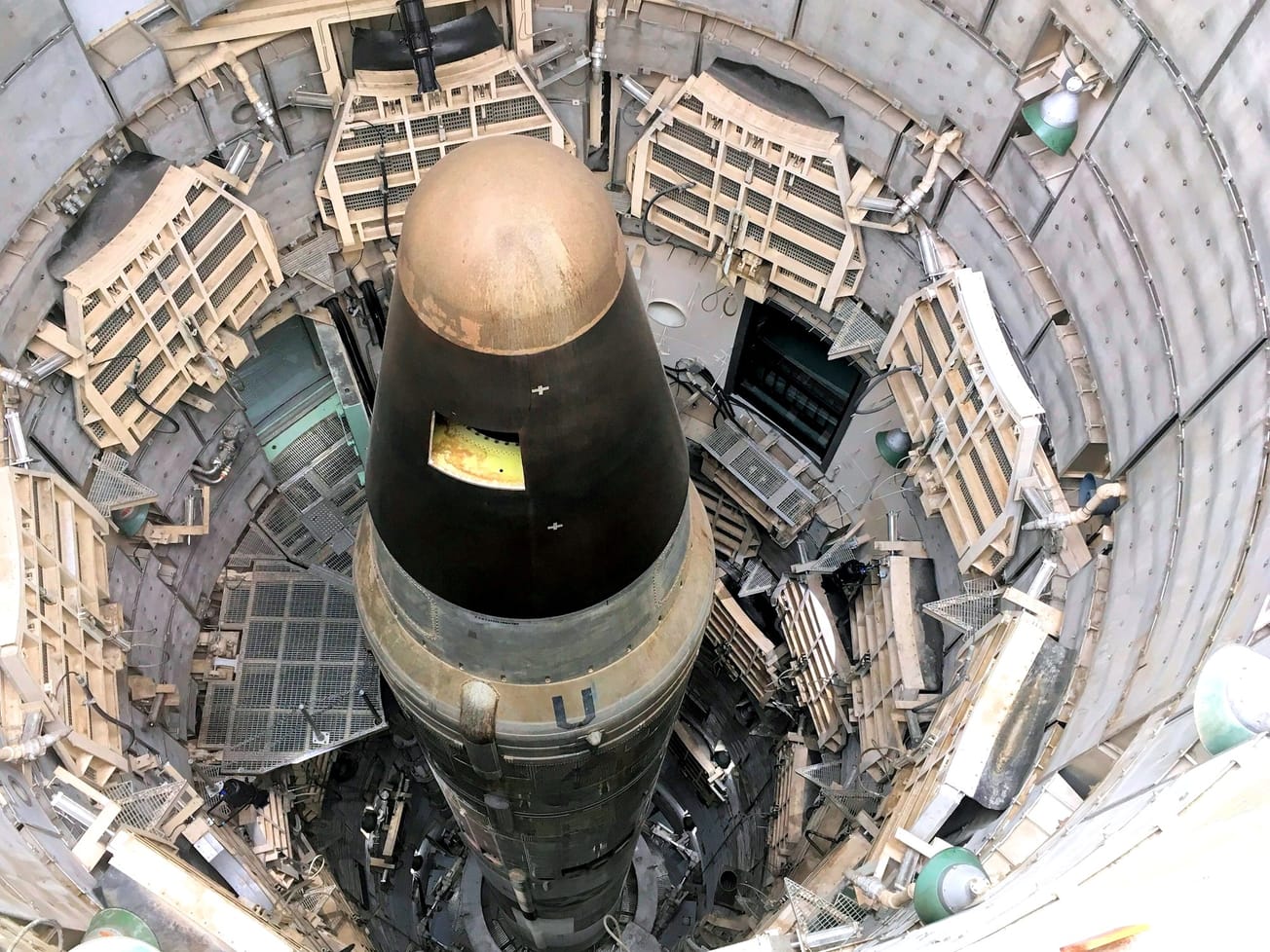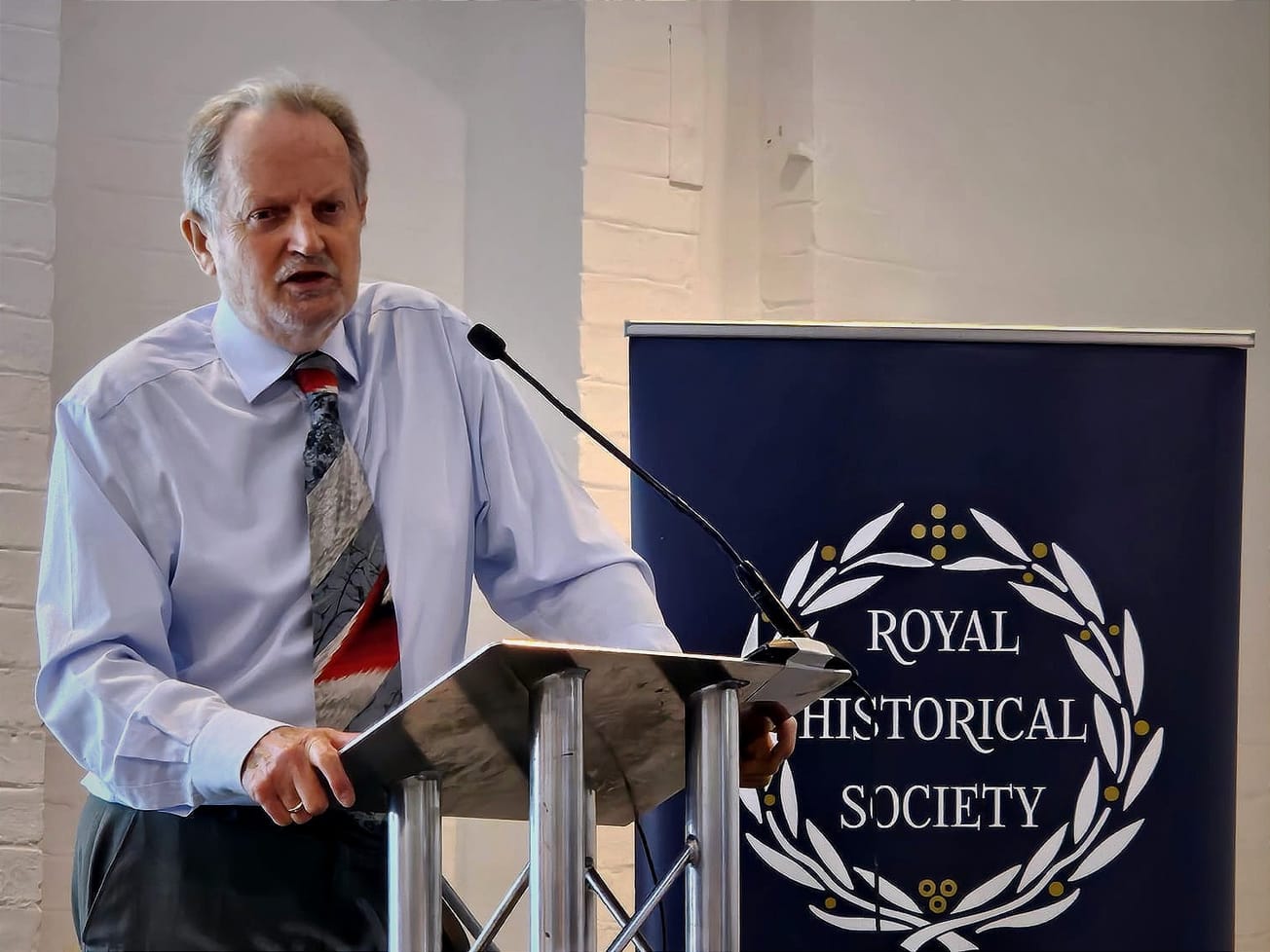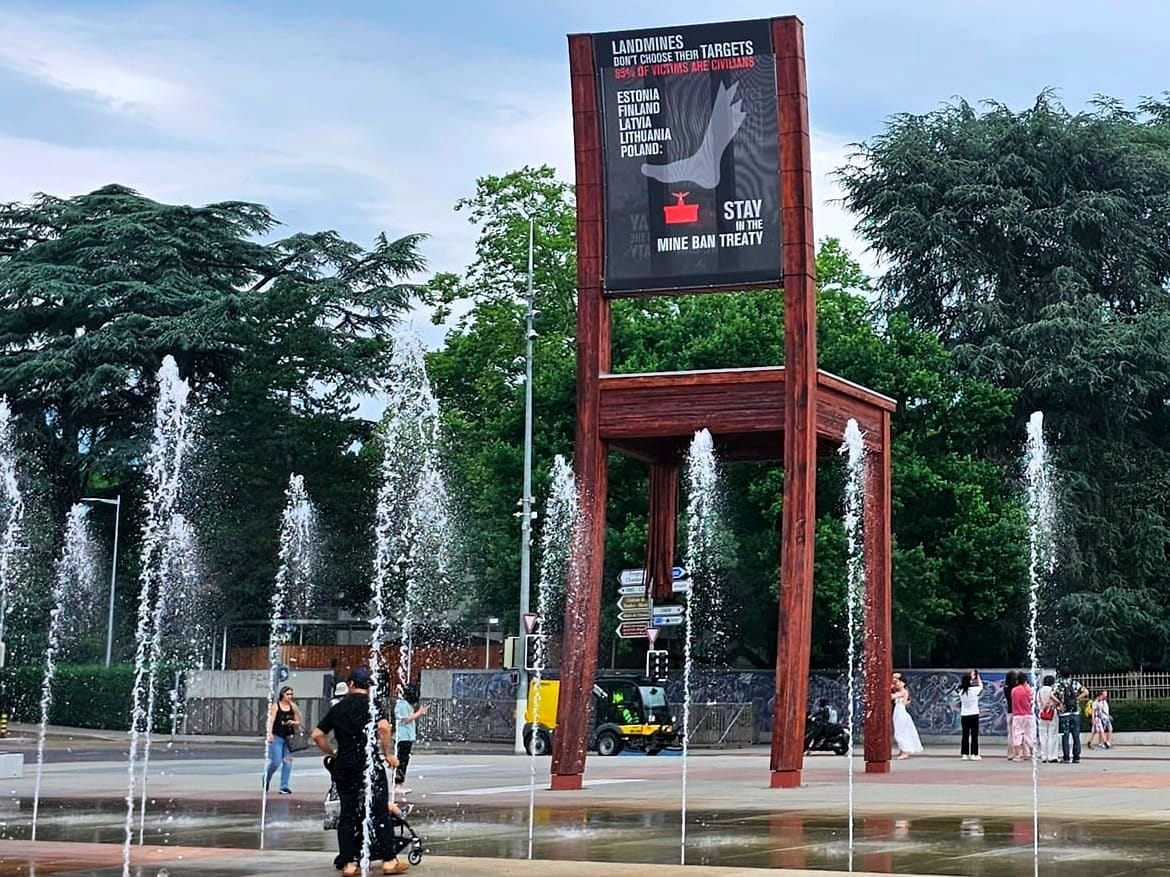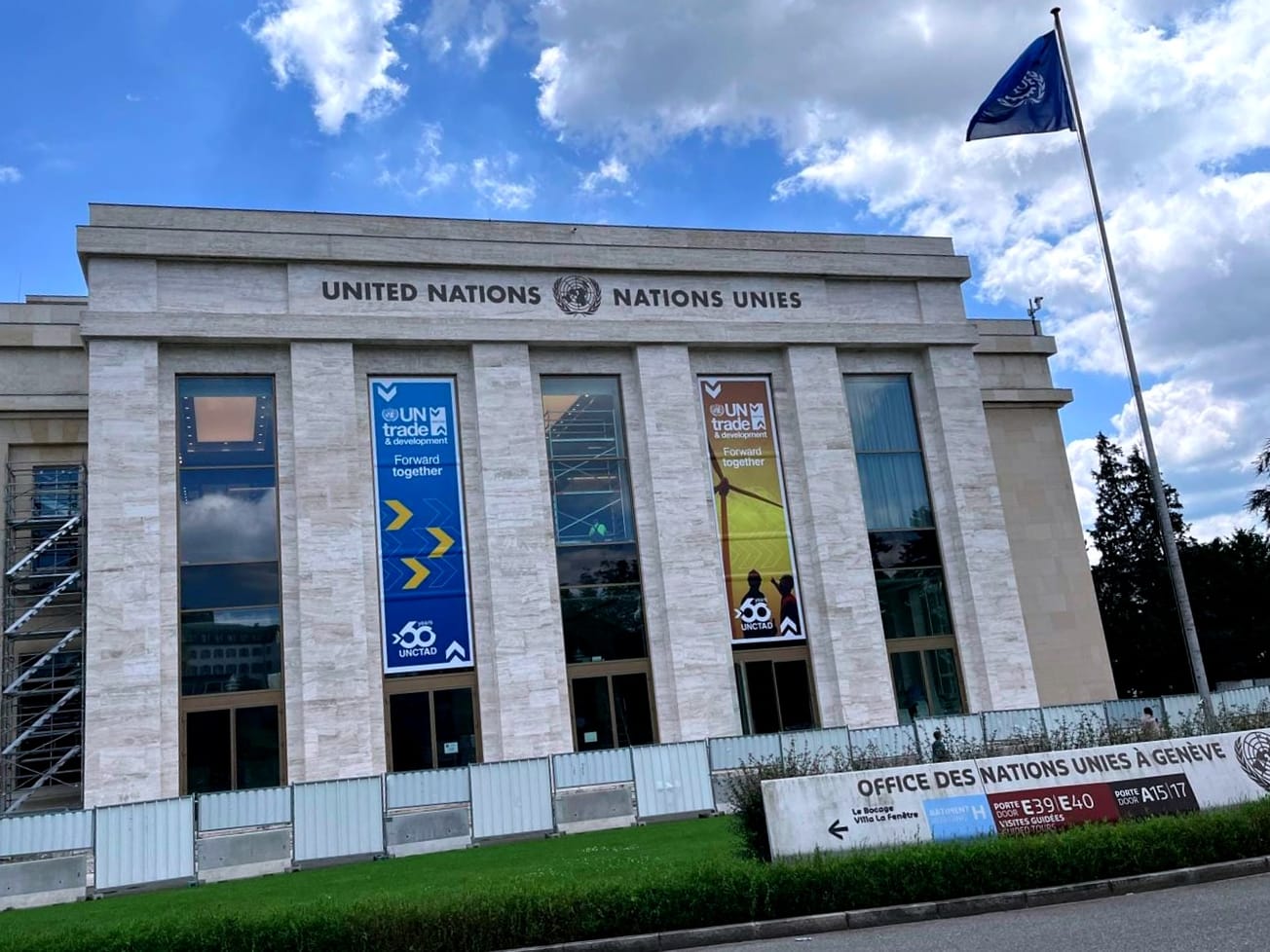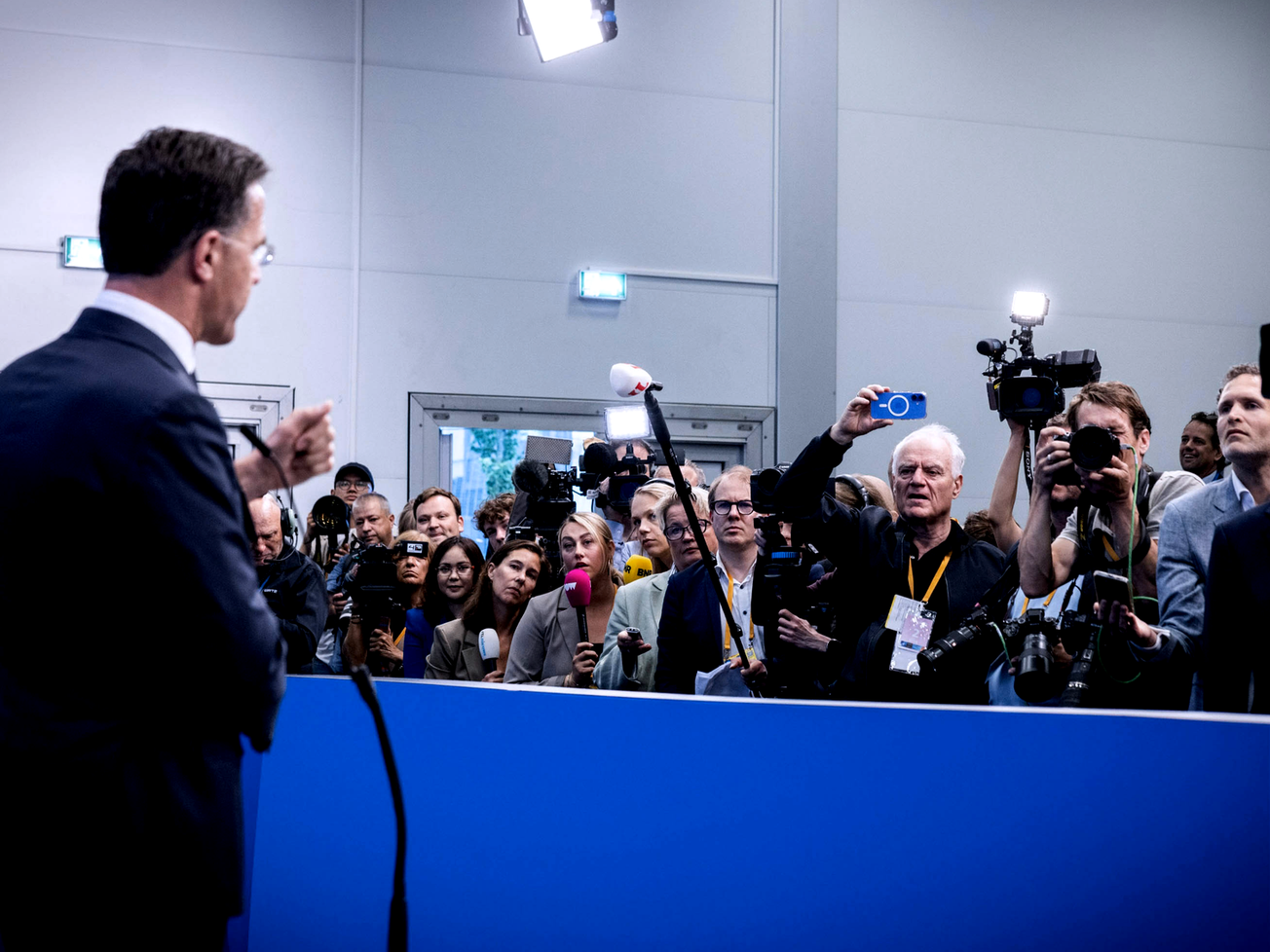Germany and France pushed for European Union sanctions against Russia after the international organization that investigates chemical weapons attacks confirmed Russian opposition leader Alexei Navalny was poisoned with a Soviet-era nerve agent.
As the E.U.'s two most powerful drivers of foreign policy, Germany and France said on Wednesday that "this atrocious attempted murder seriously undermines the basic principles of democracy and political pluralism," and Russian involvement is the only plausible way to explain it.

